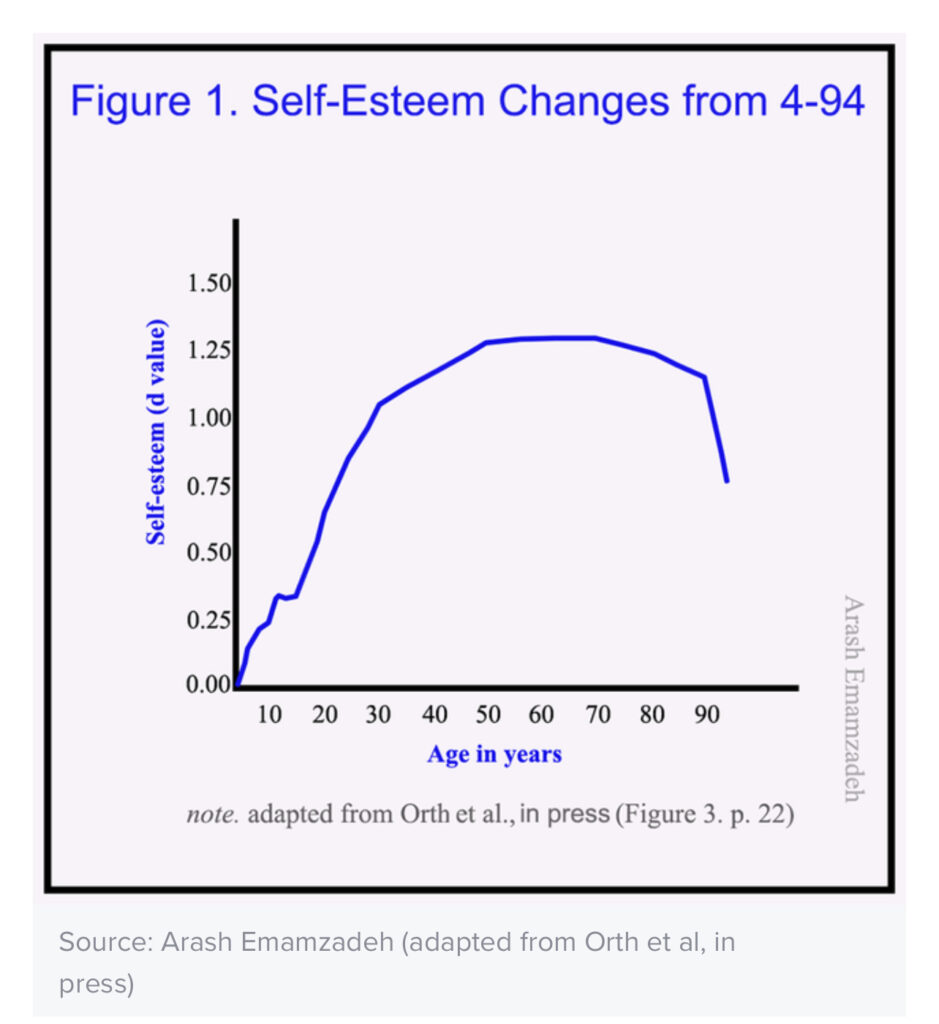The power of saying no with confidence and preserving your mental health – How can therapy help build self-respect, improve communication skills and strengthen your relationships.
By Ana Brown B.A. Psychology, Mental Health Content Writer. Reviewed by Dr. Pascale Piron, Psy.D., M.A., LCPC
I didn’t grow up in a gated community. My childhood home set in a busy street and it was quite common to have people come straight up to our doorstep and just ring the bell. It happened often and sometimes it disrupted a family meal, quiet time or homework. They came to the front door because there were no fences or gates to prevent them from crossing into our physical space, there were no boundaries. As an adult, I found myself moving into gated communities and buildings with 24/7 security. Although I feel safer physically, I sometimes still struggle with setting emotional boundaries in my personal relationships, also known as the art of saying no without guilt.

According to Oxford Languages Dictionary the literal definition of boundary is:
A line that marks the limits of an area; a dividing line.”
Although an emotional boundary is in theory an imaginary line, it can be set by words and behaviors in relationships. This imaginary line can be used to prevent someone from crossing into our physical and emotional spaces.
There are several types of boundaries necessary to protect our mental health, self-confidence and overall well-being.
TYPES OF BOUNDARIES:
- Physical boundaries: It refers to your personal space, your body, your belongings, your home, your privacy, and your personal information.
- Emotional boundaries: These boundaries are invisible lines that separate your own feelings, emotions, personal experiences, thoughts and needs from others.
- Time boundaries: How one sets the amount of time and limits on how they spend their time alone and with others.
- Intellectual boundaries: It determines how and how much of a person’s opinions, ideas or thoughts are shared or addressed in relationships and communication with others.
- Financial: A set of limits and preferences relating to your financial life. How much to share with others, how much to save, spend or invest.
Most of us will experience anxiety and guilt during the process of setting boundaries with people we love or work with. It’s normal but not healthy. Boundaries are necessary steps we take to protect ourselves. To protect our well being. Not to hurt others.
HOW DO BOUNDARIES PROTECT US:
Like fences, walls and gates, boundaries protect us from unwanted situations or behaviors from others that negatively impact our mental health. Establishing boundaries with friends, family and work peers, can prevent heartaches and disappointments. By setting boundaries through clear communication and respect, we pave the way for healthier interactions with everyone in our lives.
BENEFITS FROM BOUNDARIES:
- Reduces anxiety
- Increases self-esteem
- Decreases stress levels
- Improves self-worth
- Regulates emotions
- Establishes mutual respect
- Strengthening relationships
- Prevents burnout and emotional exhaustion
If only setting boundaries was that easy. Unfortunately, most of us struggle with establishing limits in our relationships. There are several reasons why people experience difficulties with pushing back when feeling an emotional or physical space has been intruded. It’s called guilt.
WHY DO WE FEEL GUILTY ABOUT BOUNDARIES?
One of the strongest reason why most people feel guilty setting limits is the fear of upsetting others. We are taught from childhood to be nice to others all the time. It gives children mixed messages about when it is appropriate to accommodate other people’s feelings and needs and when this compromises our own mental health by neglecting our own feelings and needs.
In addition to the fear of upsetting others, several stressors can trigger discomfort and feelings of guilt while creating boundaries with others:
- Internalized beliefs from childhood – household with no boundaries.
- Feeling responsible for people’s feelings or problems
- Fear of losing the relationship
- Fear of abandonment ( people will leave if I establish limits)tip
HOW TO SAY NO WITHOUT GUILT:
Even if saying no can cause discomfort, creating a safe space for yourself is crucial for the preservation of not only your mental health but possibly the preservation of a relationship that otherwise would fail if limits were not established.
Some tips on how to create boundaries:
- Identify the situations in which your space has been crossed.
- Define your emotional, physical and mental limits
- Clearly communicate how you feel and your expectations on how the situation should be corrected.
- Use “I” statements.
- Be prepared for a push back by accepting we do not control other people’s reactions to our decisions.
- Be self-compassionate – your feelings and needs are just as important as everyone else’s.
- Be consistent
- Give time for the new relationship format to evolve to a healthier dynamic.
HOW CAN THERAPY HELP CLIENTS LEARN HOW TO ESTABLISH BOUNDARIES:
If setting boundaries create additional stressors on your mental health, perhaps seeking professional help is another way you can develop skills on how to set clear limits in your relationships.
Some of the reasons why therapy is an important resource to learn mental health strategies and tools:
- Safe space to explore root causes preventing a client from establishing boundaries.
- It reduces anxiety, resentment and anger.
- Increases self-confidence and empowers clients to create limits in their relationships.
- Strengthen relationships by teaching the importance of mutual respect.
- Prevent emotional exhaustion.
- Improves communication skills

CLEAR RESPECTFUL COMMUNICATION IS THE BEST WAY TO ESTABLISH BOUNDARIES.
Healthy boundaries are essential for mental health well-being. They exist to protect us from emotional, physical, mental and financial harm. Without limits, we cannot co-exist in rewarding and loving relationships. It starts with the person cutting in line at the grocery store, with someone being disrespectful in traffic or a loved one who is not recognizing your emotional and physical space. It’s impossible for us to know exactly how the other person feels about a situation unless it’s cleared communicated. Boundaries can save lives, relationships and even our jobs.
During a flight many years ago, I had a very scary moment when turbulence hit the plane hard. I remember the oxygen masks falling from the plane panels and the guilt I felt by placing the mask over my face first before placing on my child’s. The flight attendant was clearly and firmly instructing us to take care of ourselves before helping others. This is what boundaries do. Boundaries are self-care, they preserve your mental health for you to feel confident and safe in your relationships. It’s not a selfish act, it’s a safety measure.
Boundaries are walls that preserve our souls intact.
Be kind. Be brave. Be well.
Always with love,
HELPFUL LINKS:
American Psychological Association
DISCLAIMER:
The content of these webpages and blogs and information provided is for general informational and educational purposes only and is not intended as a substitute for professional medical or mental health advice, diagnosis, or treatment. Always seek the advice of your qualified health care provider with any questions you may have regarding a medical or mental health condition. Seek professional help immediately if you are experiencing a mental health crisis or any other medical condition.







